The DOMINO project held its second annual meeting from 26 to 28 March in the picturesque city of Cork, Ireland. It was an intense and warm moment thanks to the efficient and very friendly organisation of Teagasc and its incredible team coordinated by Orla O’Sullivan and John Kenny.
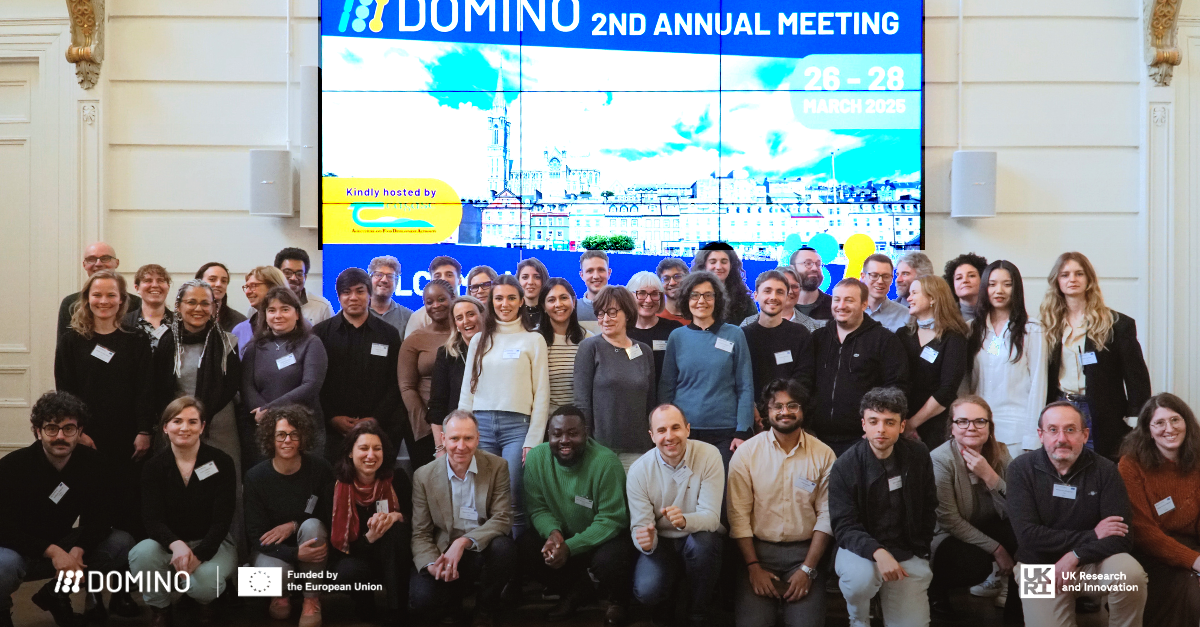
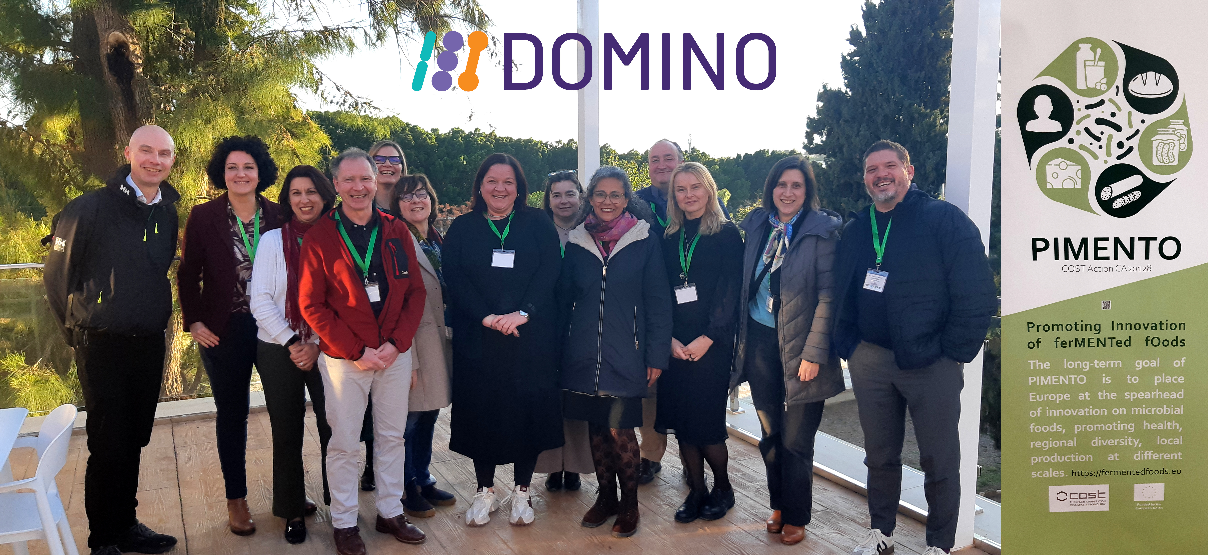
#DominoEU researchers participated significantly to this amazing conference organised by the COST Pimento. Paul Cotter, Orla O’Sullivan, Jekaterina Kansatseva, Bastien Renard, Isabelle Savary-Auzeloux, Luca Cocolin, Kelly Rantsiou and Tanja Kostic gave talks.
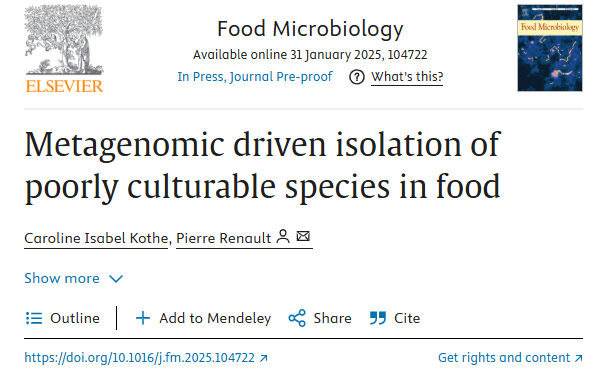
A new article entitled “Metagenomic driven isolation of poorly culturable species in food” from Caroline and Pierre has been published in Food microbiology journal1.
-
Kothe et al. *Metagenomic driven isolation of poorly culturable species in food. Food Microbiology. 2025 ↩
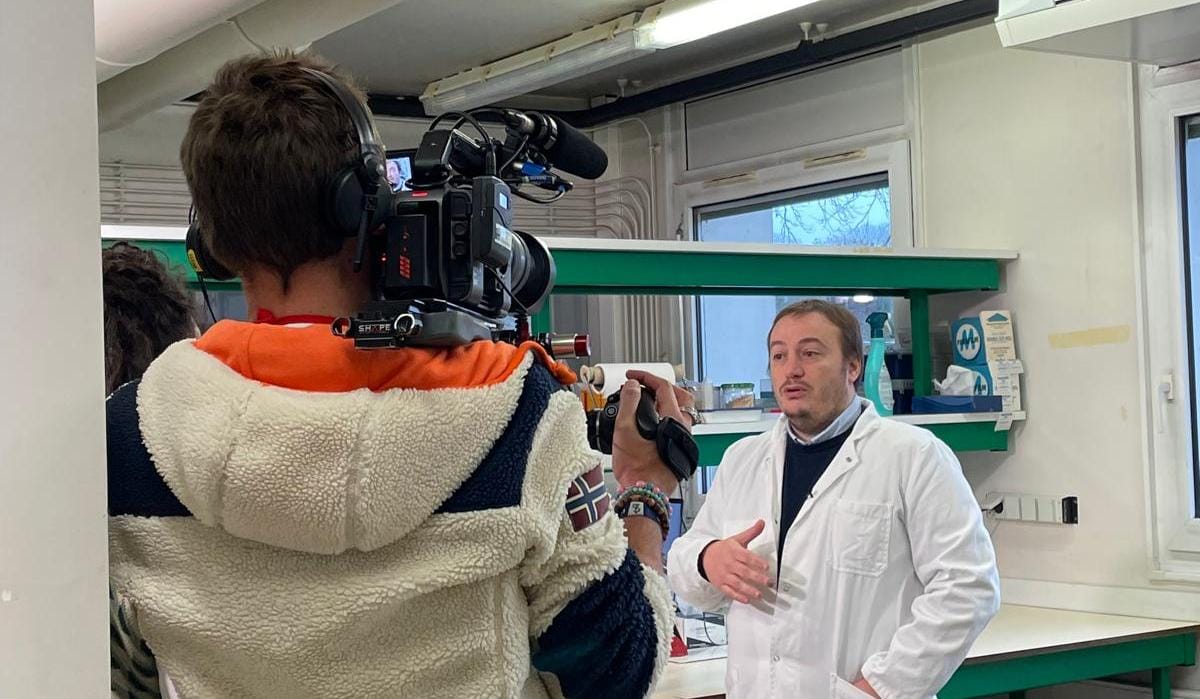
We were thrilled to welcome the E=M6 crew to our lab for an exciting deep dive into the science of fermented foods.
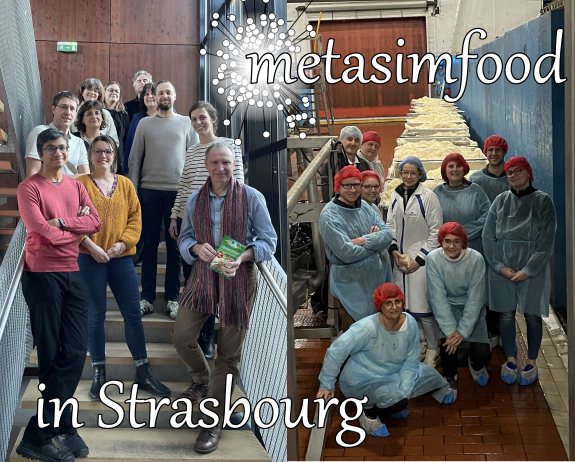
On Tuesday 7th of January, the 7 partners gathered for the second time in Illkirch (close to Strasbourg) and were hosted by Aérial. The meeting was focused on the main advances carried out on the fermented vegetables food model with exiting results confirming the hypothesis postulated earlier in the project. Also, the evening before the meeting, Aérial organized a specific visit of the largest Sauerkraut producer in France, at a small village 30 km south of Strasbourg.
Latest Posts
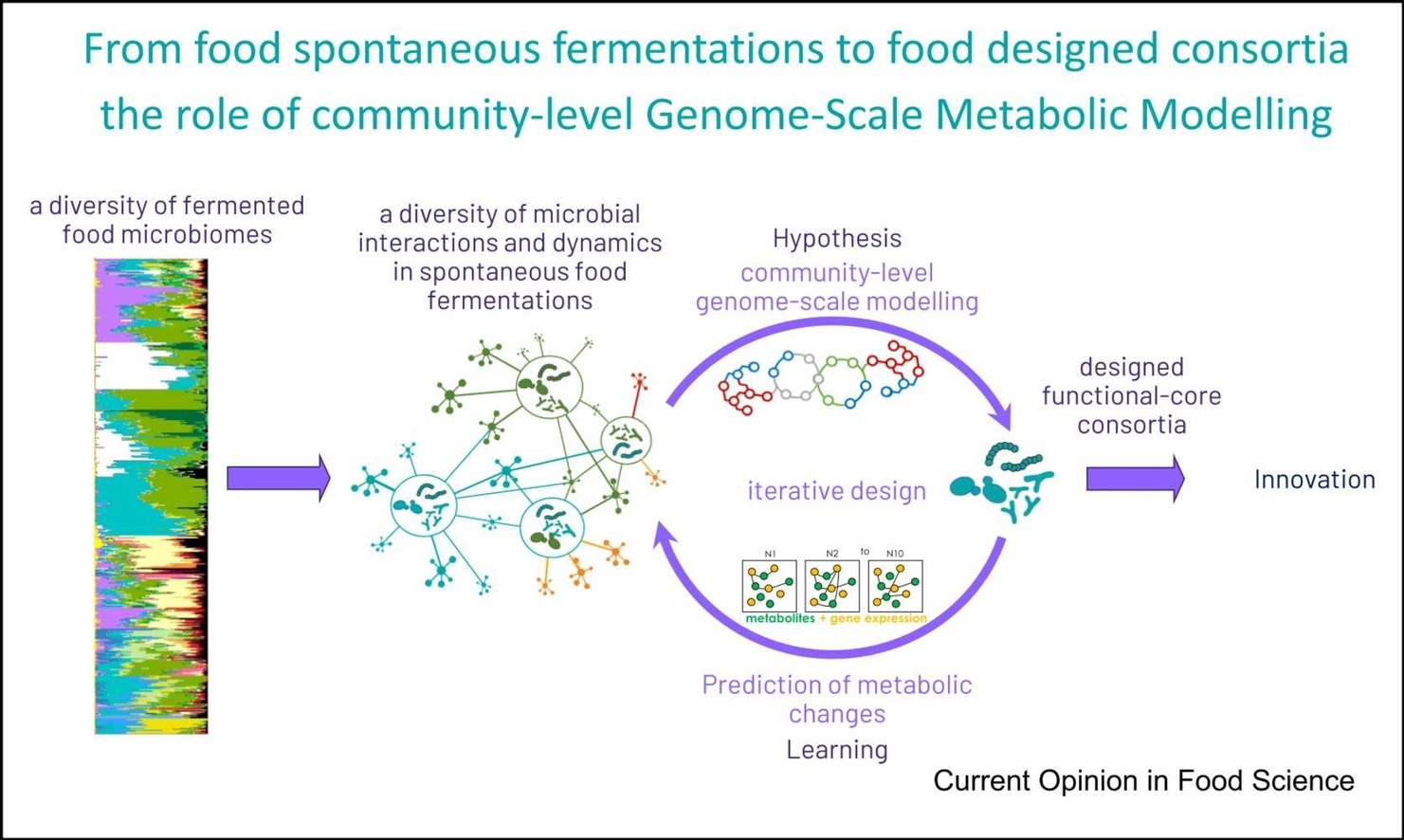
Our new article entitled “Microbiome metabolic modeling as a tool for innovation in fermented foods” has been published in in Current Opinion of Food Science1.
-
Elham Karimi, Julien Tap, Marie-Christine Champomier-Vergès, Stéphane Chaillou. Microbiome metabolic modeling as a tool for innovation in fermented foods. Current Opinion of Food Science. 2025 ↩
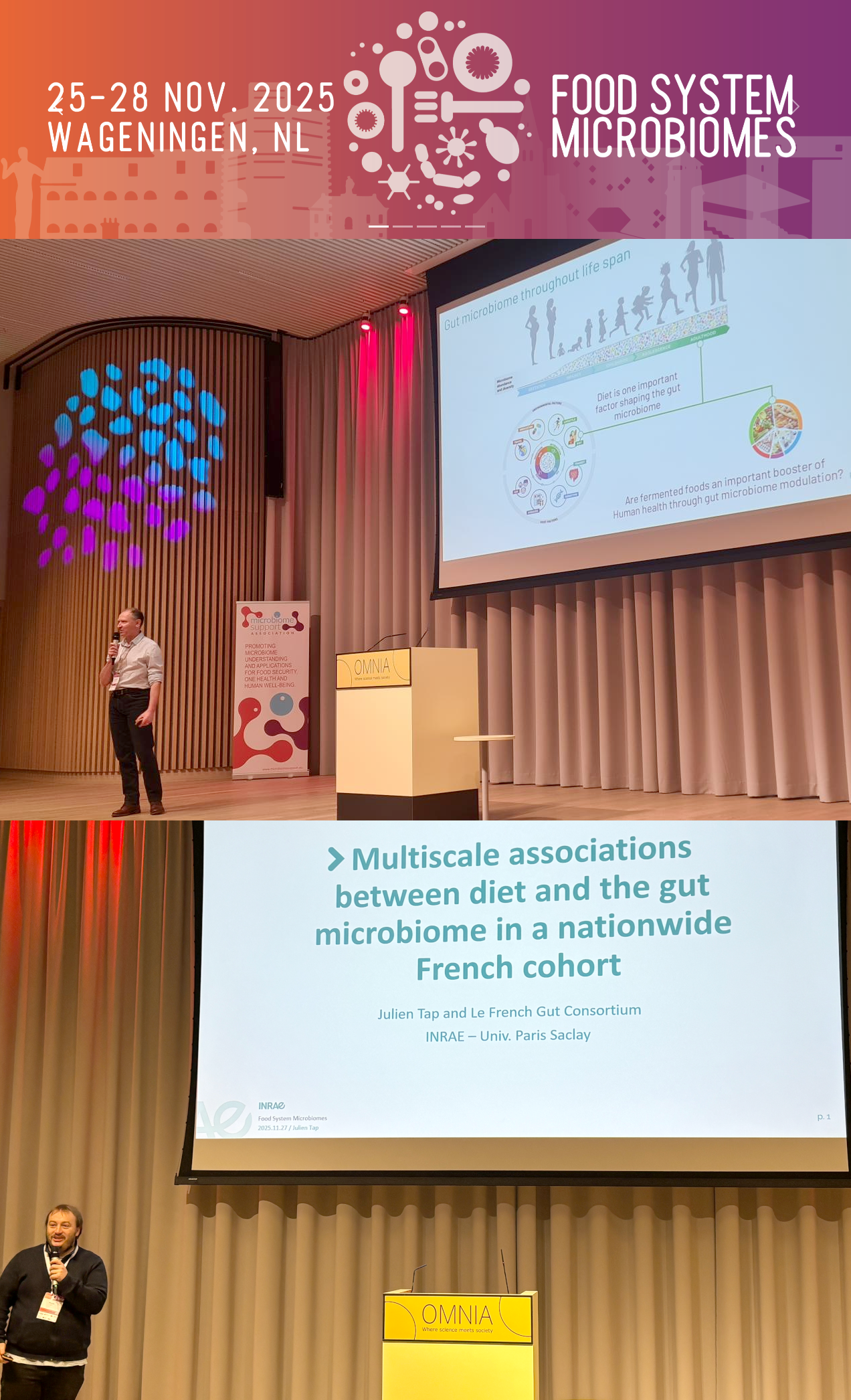
On Thursday 27 November, the FME lab took part in the Food System Microbiomes Conference in Wageningen during the session dedicated to the connections between microbiomes, nutrition and health. The session was co-chaired by Stéphane Chaillou (INRAE, Micalis) and Prof. Christophe Courtin (KU Leuven), and provided an opportunity to showcase advances from two major European projects: DOMINO and HealthFerm.

A new scoping review published in Frontiers in Nutrition1 as part of the COST Action PIMENTO initiative provides a comprehensive assessment of what is currently known about the health effects of fermented foods in specific human populations. This work reflects a substantial collective effort. We conducted an extensive and rigorous screening of the scientific literature, reviewing and selecting studies across many categories of fermented foods and health outcomes.
-
Humblot Christèle, Alvanoudi Panagiota, Alves Emilia, Assunçao Ricardo, Belovic Miona, Bulmus-Tuccar Tugce, Chassard Christophe, Derrien Muriel, Karagöz Mustafa Fevzi, Karakaya Sibel, Laranjo Marta, Mantzouridou Fani Th, Rosado Catarina, Pracer Smilja, Saar Helen, Tap Julien, Treven Primož, Vergères Guy, Pertziger Eugenia, Savary-Auzeloux Isabelle, A scoping review of the health effects of fermented foods in specific human populations and their potential role in precision nutrition: current knowledge and gaps. Frontiers in Nutrition. 2025 doi:10.3389/fnut.2025.1650633 ↩